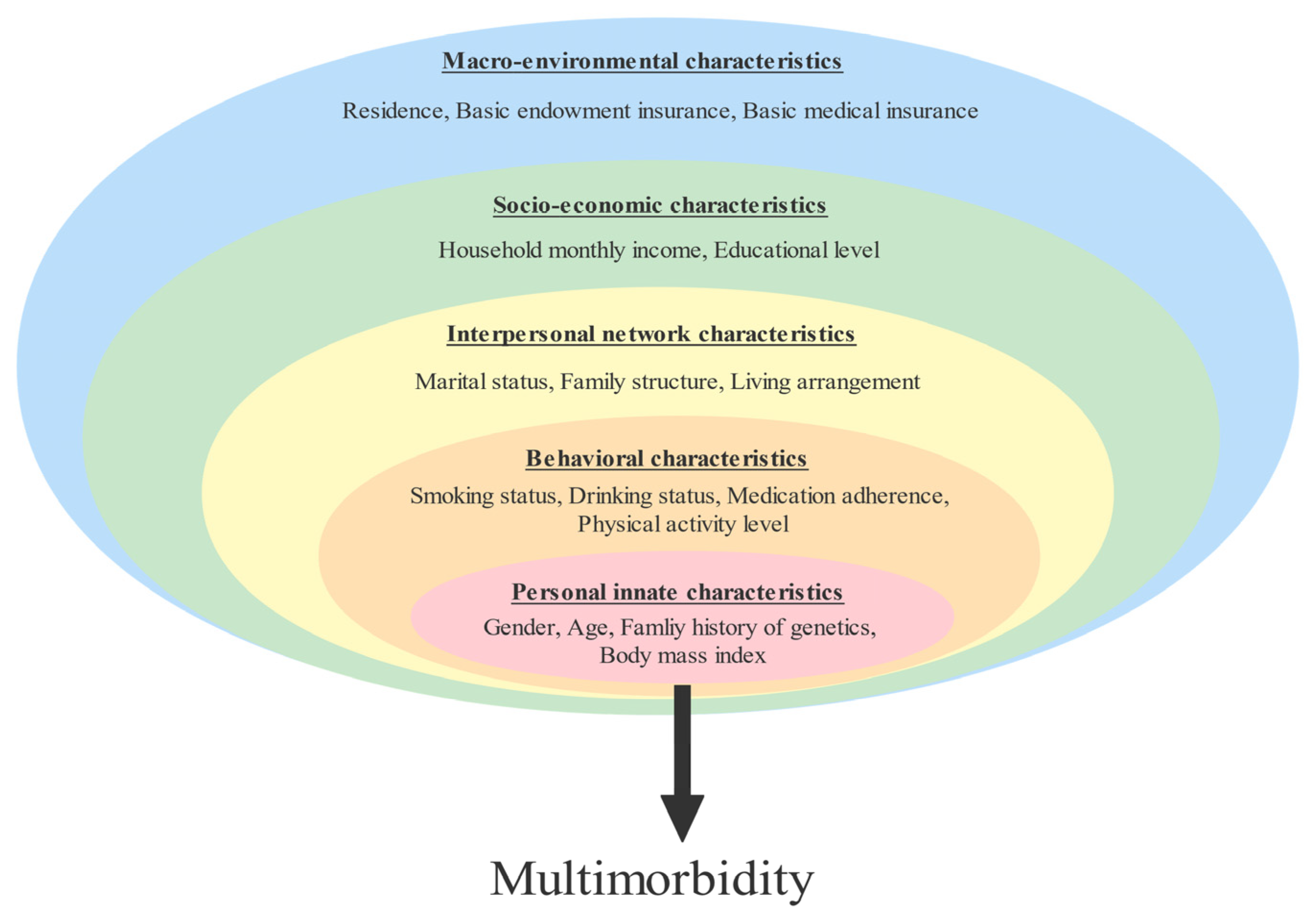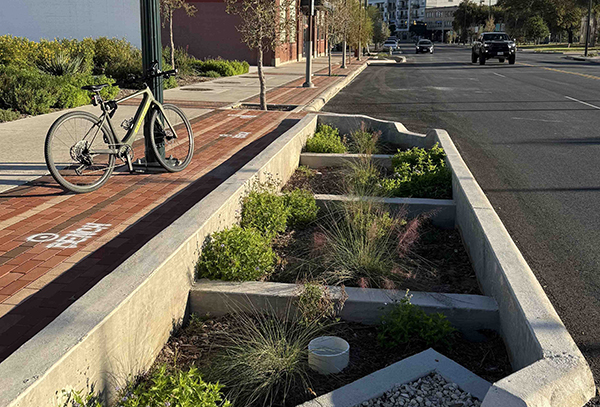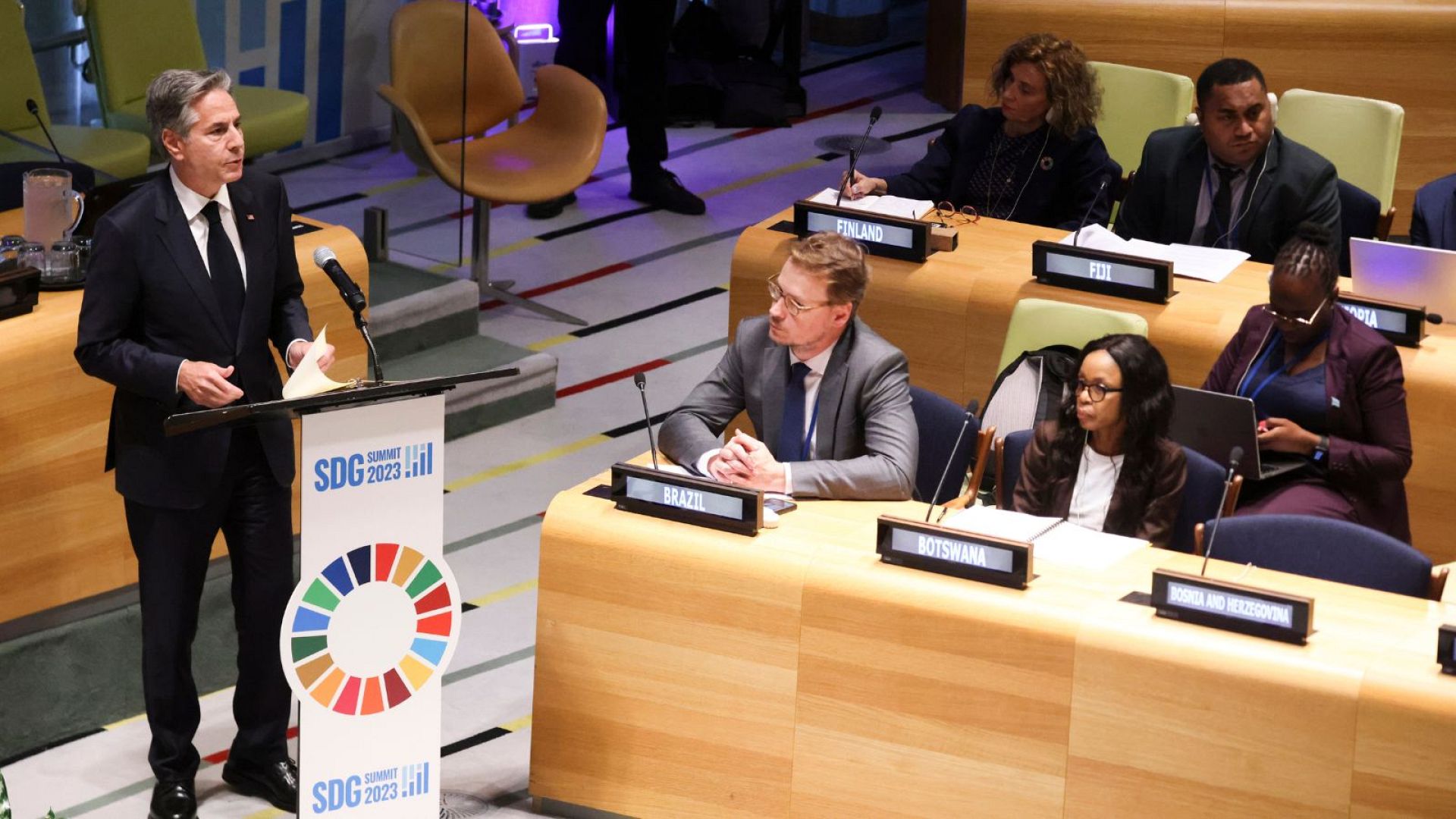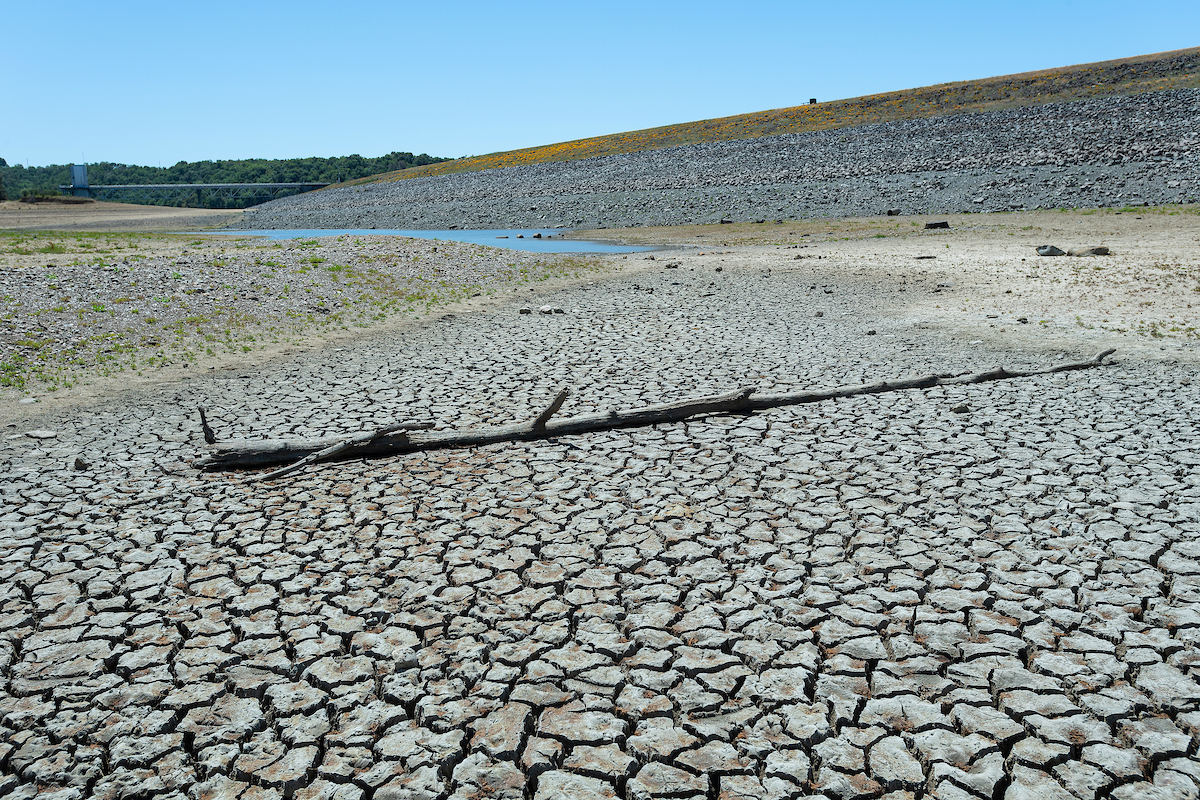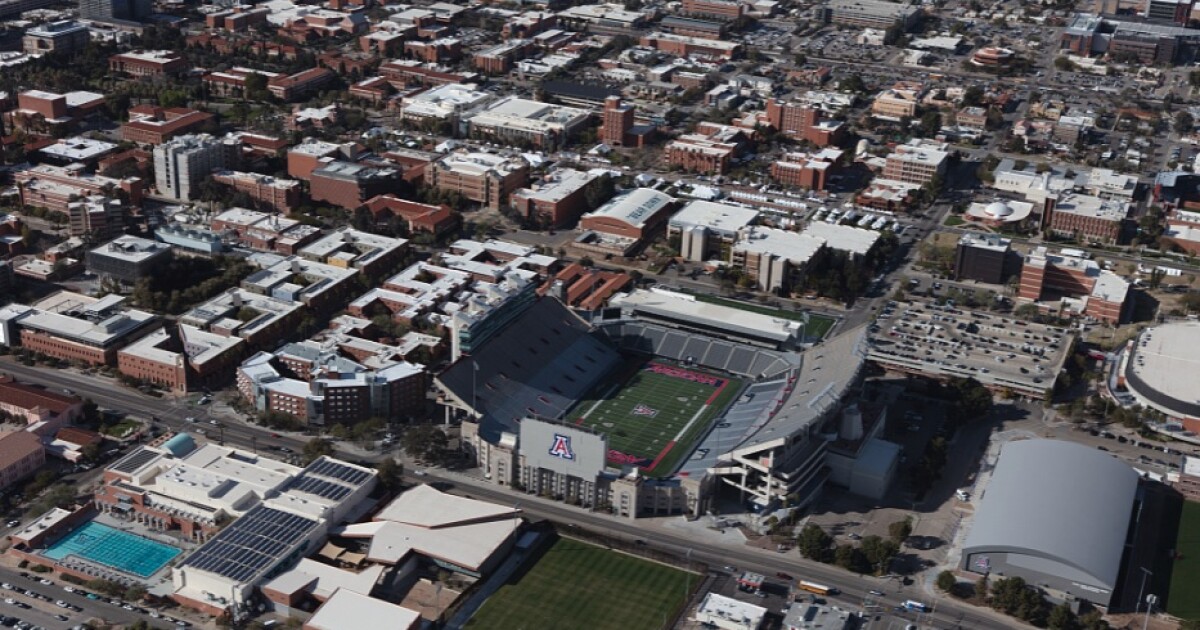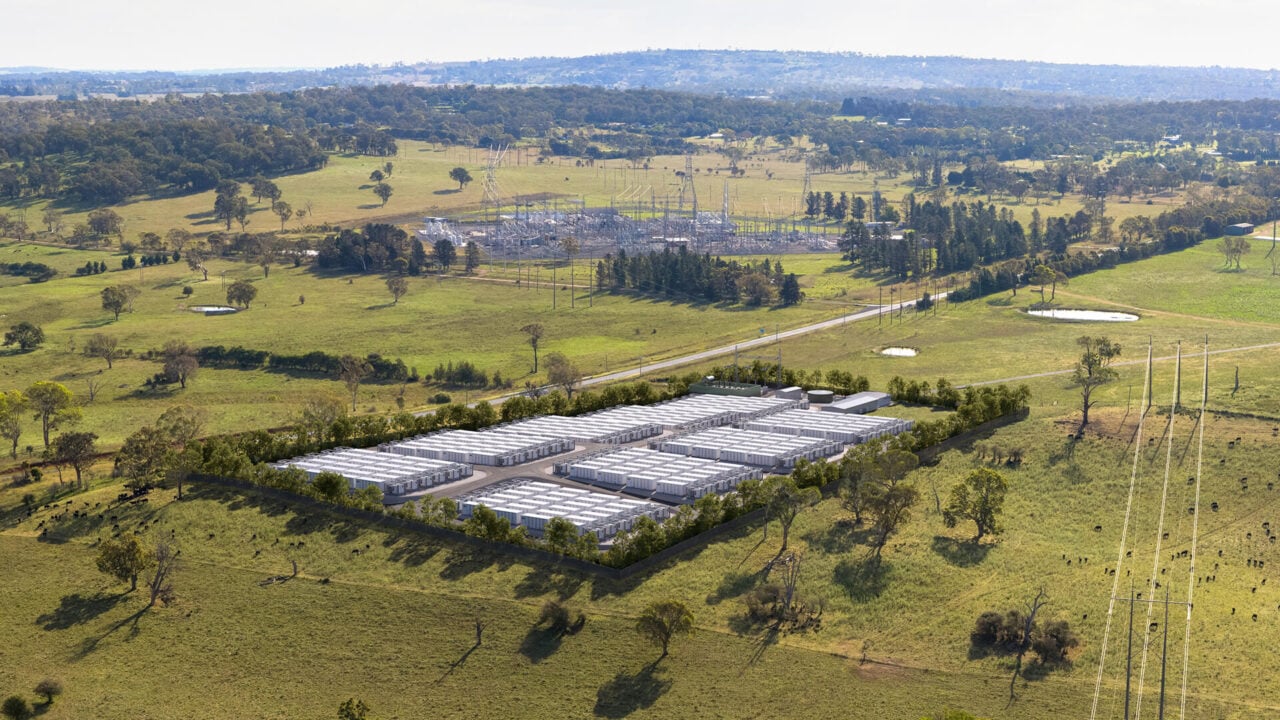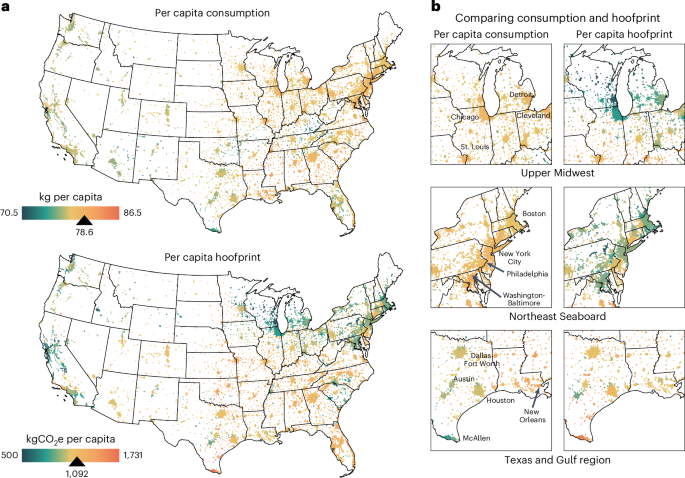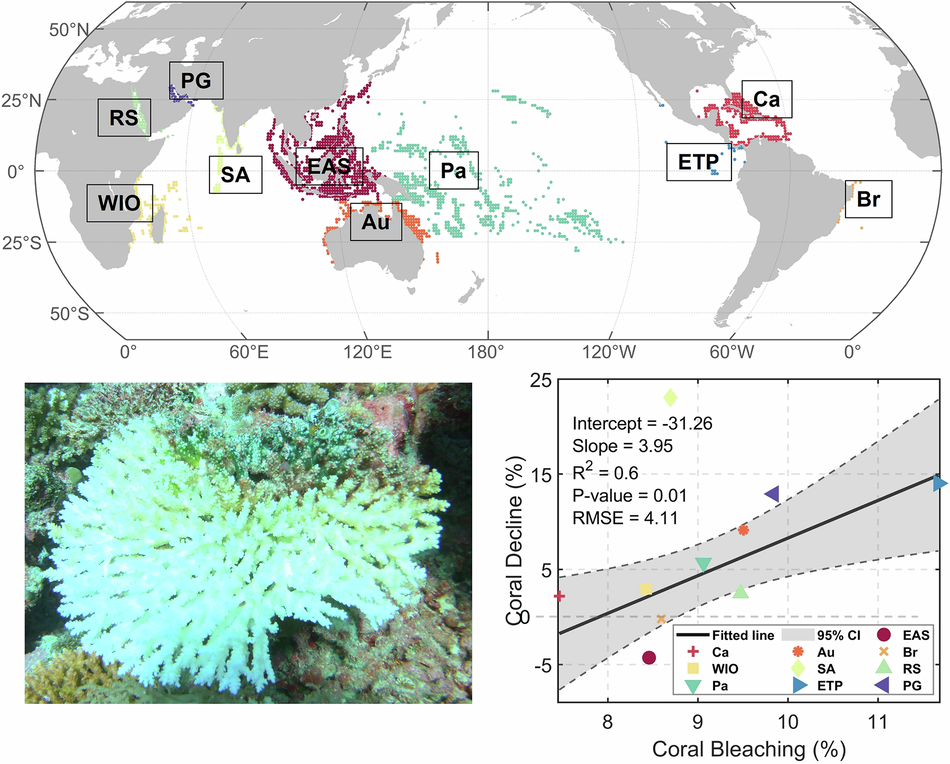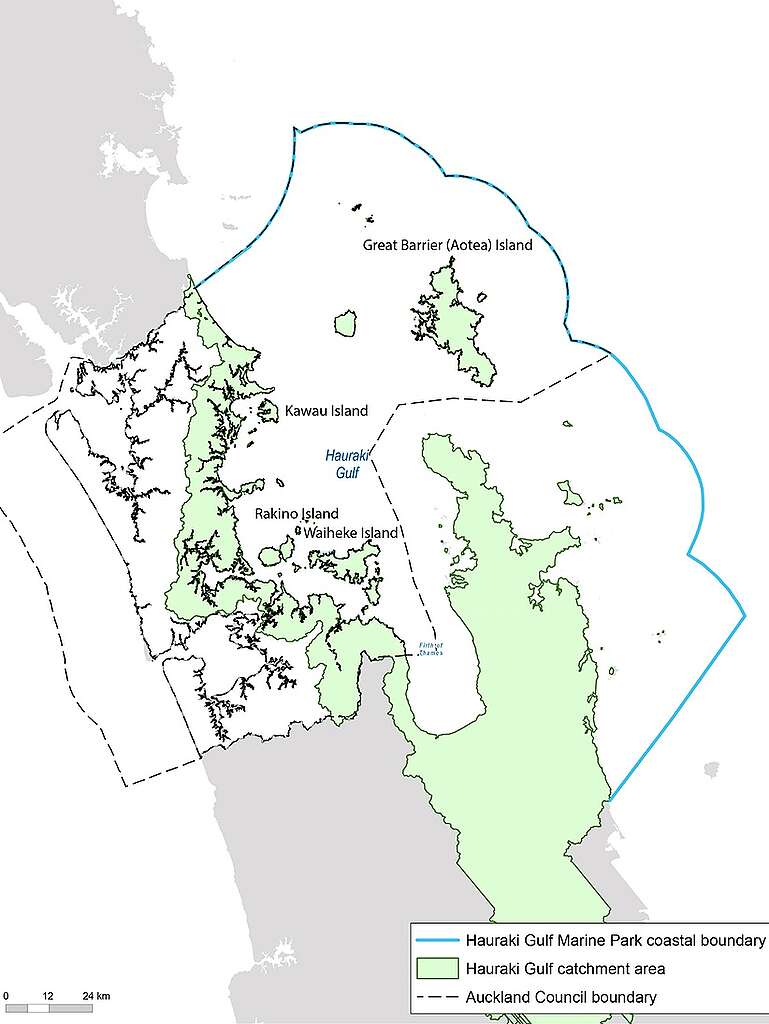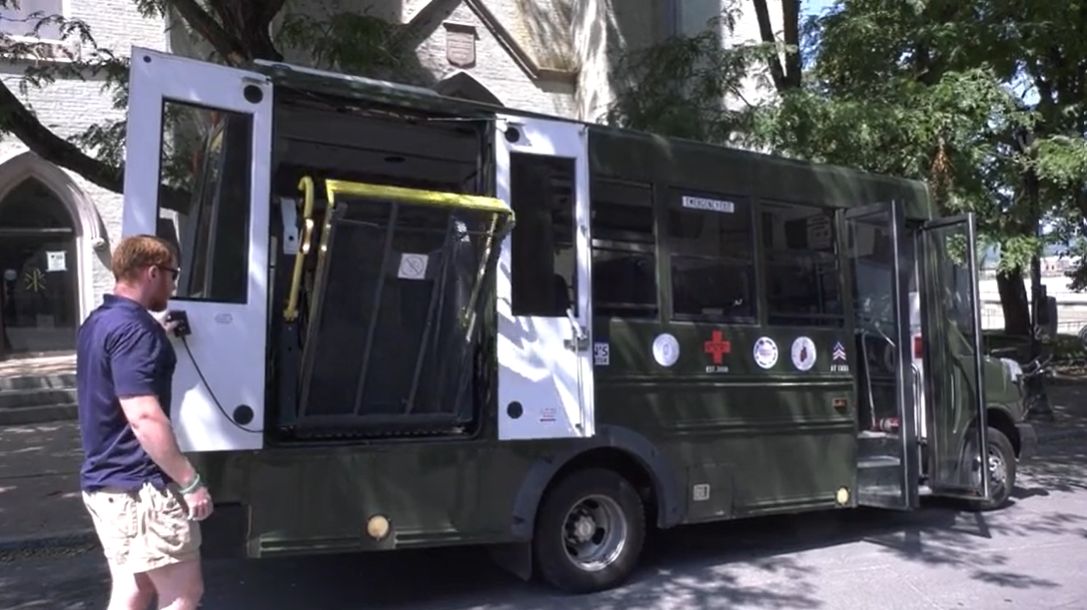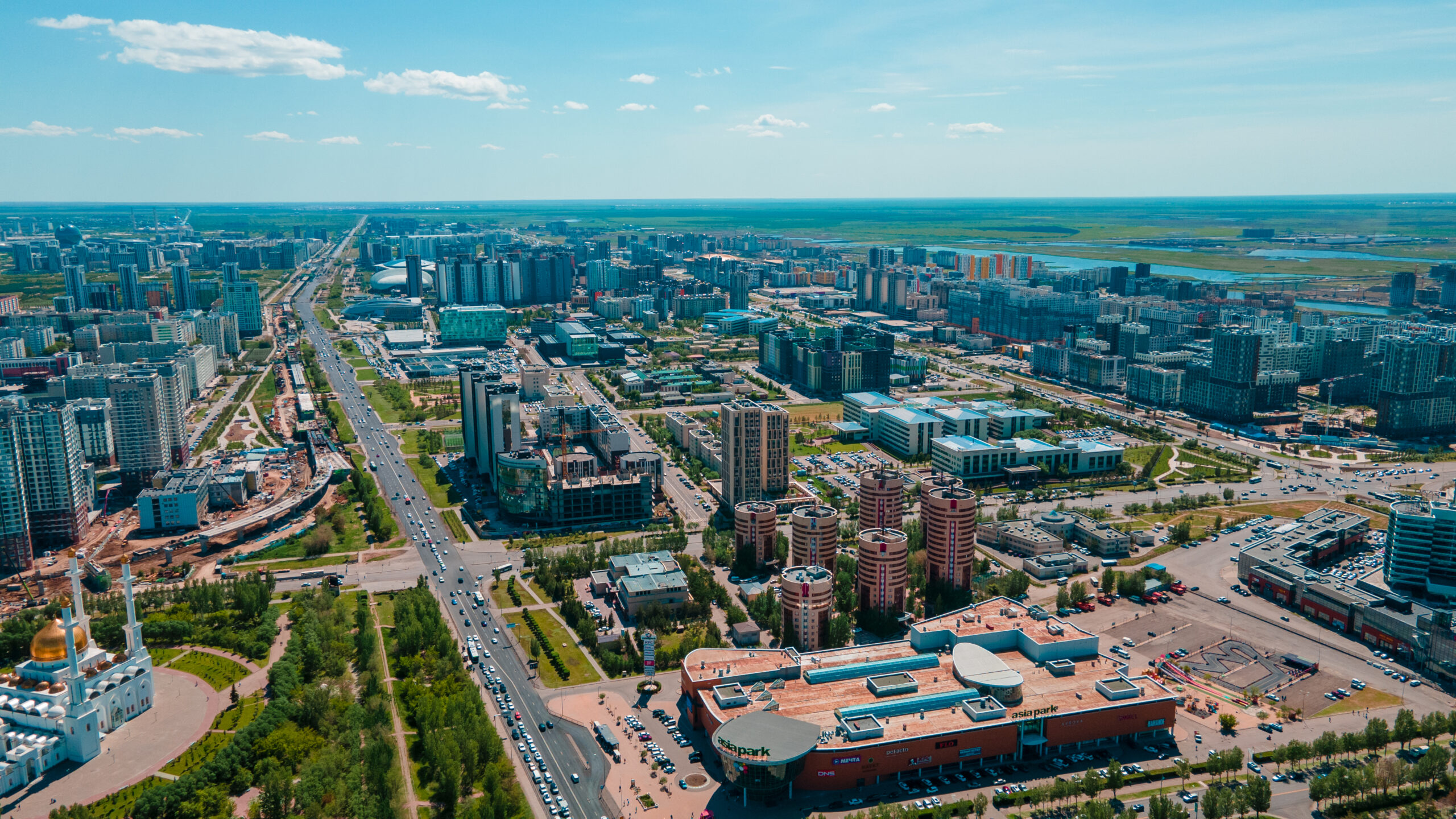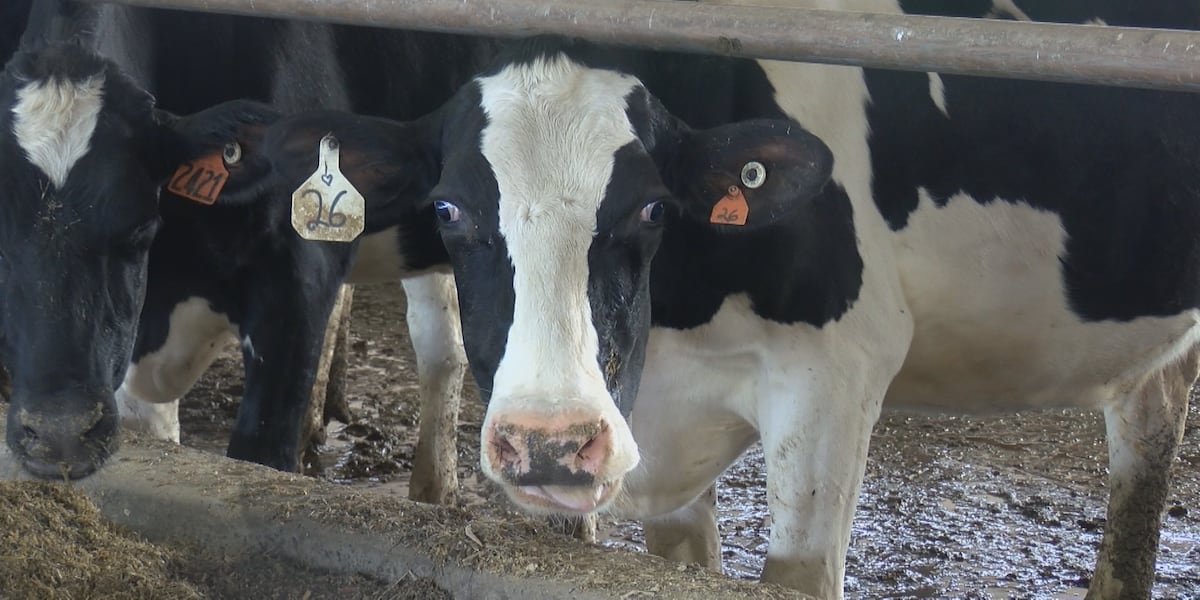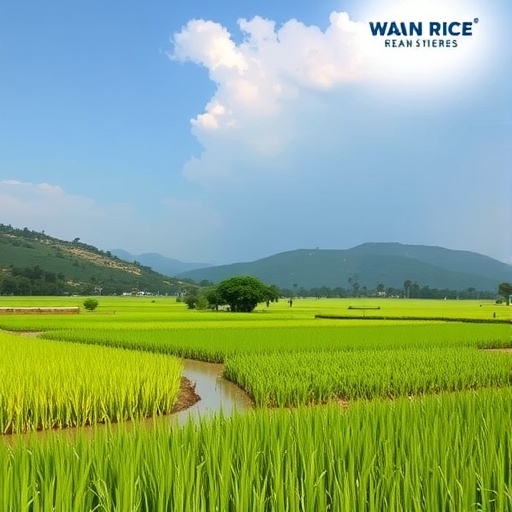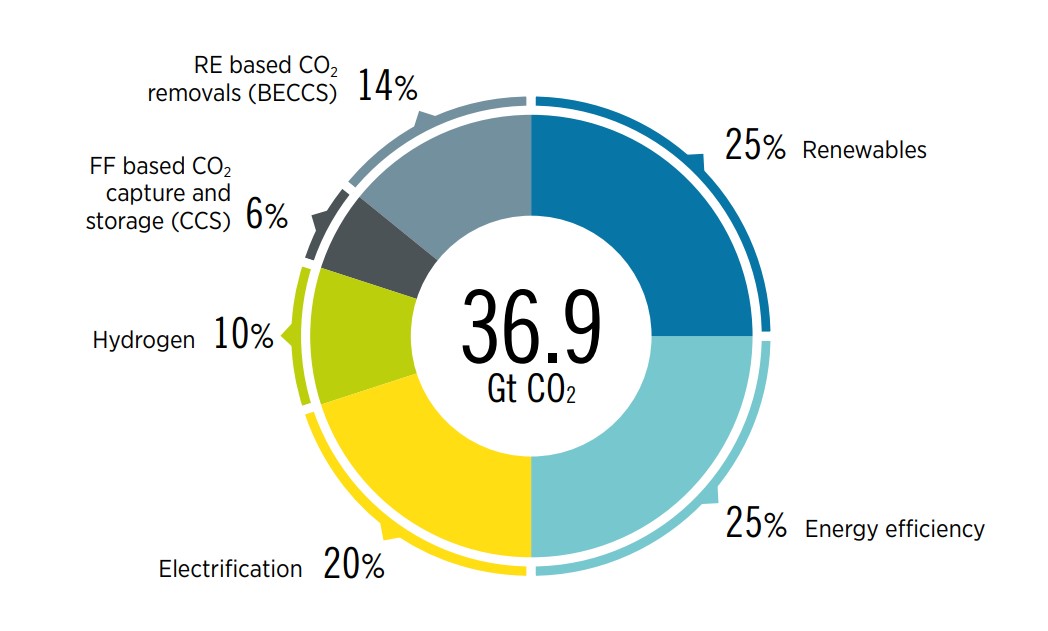Costa Rica’s Green Hotels Lead The Way In Global Sustainable Tourism, Offering Guests An Unmatched Blend Of Luxury And Environmental Stewardship – Travel And Tour World
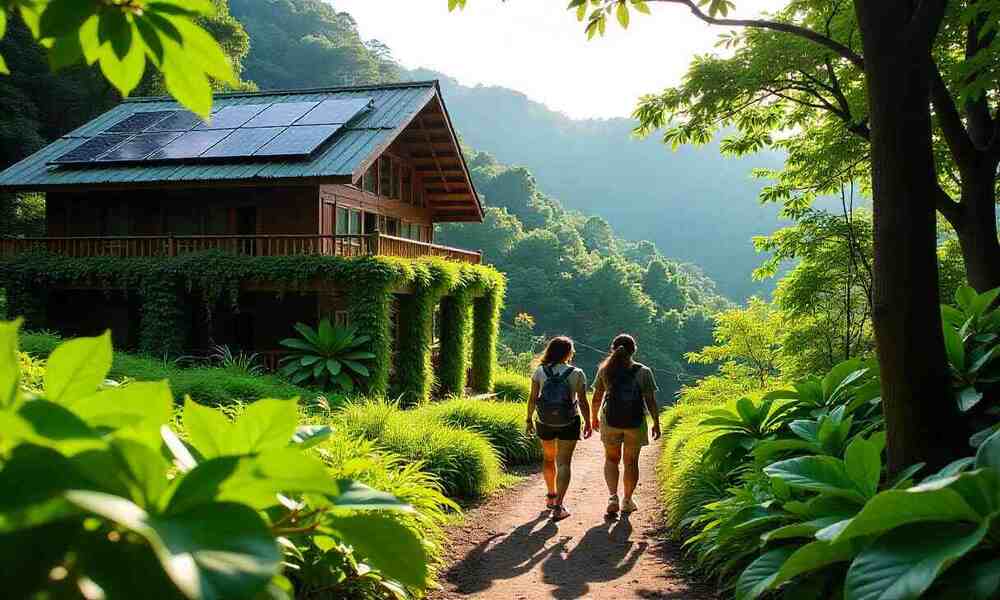
Costa Rica’s Green Hotels Lead Global Sustainable Tourism
Introduction
Costa Rica has established itself as a global leader in sustainable tourism, with eco-friendly hotels setting exemplary standards in environmental stewardship. The country protects over 25% of its land and generates a significant portion of its energy from renewable sources, integrating sustainability deeply into its tourism sector. This report highlights how Costa Rica’s hotels align with the United Nations Sustainable Development Goals (SDGs), particularly focusing on responsible consumption and production (SDG 12), climate action (SDG 13), life on land (SDG 15), and partnerships for the goals (SDG 17).
Commitment to Environmental Stewardship and Luxury
Hotels across Costa Rica combine luxury with eco-friendly practices that:
- Reduce carbon footprints (SDG 13)
- Conserve ecosystems and biodiversity (SDG 15)
- Support local communities and economies (SDG 8 and SDG 11)
From rainforest retreats to coastal resorts, these establishments demonstrate tourism’s critical role in conservation and social progress.
Case Studies of Sustainable Hotels
Nayara Resorts, Arenal
- Planted over 3,000 trees, including Guarumo trees that attract native sloths (SDG 15)
- Supports wildlife conservation by providing safe habitats for sloths and howler monkeys
- Offers luxury experiences that honor environmental and cultural values (SDG 12, SDG 11)
Hideaway Rio Celeste
- Operates an on-site greenhouse cultivating pesticide-free vegetables (SDG 2, SDG 12)
- Uses biodigester systems to process wastewater sustainably (SDG 6)
- Implements a strict reduce-reuse-recycle policy (SDG 12)
- Supports conservation efforts in Tenorio Volcano National Park (SDG 15)
Hotel Ara Ambigua, Sarapiquí
- Utilizes 390 meters of solar panels to generate clean energy (SDG 7, SDG 13)
- Runs a comprehensive recycling program with community involvement (SDG 12, SDG 17)
- Partners with regional development projects to uplift local communities (SDG 8, SDG 17)
El Silencio Lodge & Spa, Bajos del Toro
- Maintains a meliponarium to support pollination and a native plant Hummingbird Garden (SDG 15)
- Encourages guests to plant trees and operates composting and organic gardens (SDG 12, SDG 15)
- Holds the “Elite” rating from Costa Rica’s Sustainable Tourism Certification (CST), reflecting excellence in water and energy management, waste reduction, community engagement, cultural preservation, and guest safety (SDG 6, SDG 12, SDG 11)
Historical and Ongoing Contributions to Sustainable Tourism
Since the 1980s, Costa Rica has pioneered eco-tourism with initiatives such as the Rara Avis eco-lodge. Modern hotels continue this legacy by:
- Incorporating solar energy systems (SDG 7)
- Advancing reforestation projects (SDG 15)
- Championing wildlife conservation programs, including sea turtle protection and guided cloud forest hikes (SDG 15)
Hotels like Arenas del Mar and Senda Monteverde exemplify how conservation efforts can be integrated with luxury tourism, providing unique and sustainable travel experiences.
Conclusion: A Model for Sustainable Tourism
Costa Rica’s green hotels exemplify a sustainable tourism model where luxury and environmental responsibility coexist to create positive impacts on the planet and local communities. This approach supports multiple SDGs, including:
- SDG 8: Decent Work and Economic Growth through community empowerment
- SDG 11: Sustainable Cities and Communities by preserving cultural heritage and natural environments
- SDG 12: Responsible Consumption and Production through eco-friendly hotel operations
- SDG 13: Climate Action via renewable energy and carbon footprint reduction
- SDG 15: Life on Land by conserving biodiversity and ecosystems
- SDG 17: Partnerships for the Goals through collaboration with local communities and development projects
These initiatives position Costa Rica as a global leader in sustainable tourism, setting a benchmark for the future where tourism supports conservation, community development, and luxury experiences in harmony.
1. Sustainable Development Goals (SDGs) Addressed or Connected
- SDG 7: Affordable and Clean Energy – The article highlights the use of renewable energy sources such as solar panels and biodigester systems in hotels.
- SDG 11: Sustainable Cities and Communities – Emphasis on sustainable tourism practices that support local communities and cultural preservation.
- SDG 12: Responsible Consumption and Production – Hotels implement reduce-reuse-recycle policies, waste management, and sustainable resource use.
- SDG 13: Climate Action – Efforts to reduce carbon footprints and conserve ecosystems contribute to climate change mitigation.
- SDG 15: Life on Land – Reforestation, wildlife conservation, and ecosystem protection are key themes.
- SDG 8: Decent Work and Economic Growth – Tourism supports local economies and community development.
2. Specific Targets Under Those SDGs Identified
- SDG 7
- Target 7.2: Increase substantially the share of renewable energy in the global energy mix.
- SDG 11
- Target 11.4: Strengthen efforts to protect and safeguard the world’s cultural and natural heritage.
- Target 11.6: Reduce the adverse per capita environmental impact of cities, including by paying special attention to air quality and waste management.
- SDG 12
- Target 12.5: Substantially reduce waste generation through prevention, reduction, recycling, and reuse.
- Target 12.8: Ensure that people have relevant information and awareness for sustainable development and lifestyles in harmony with nature.
- SDG 13
- Target 13.2: Integrate climate change measures into national policies, strategies, and planning.
- SDG 15
- Target 15.1: Ensure the conservation, restoration, and sustainable use of terrestrial and inland freshwater ecosystems and their services.
- Target 15.2: Promote the implementation of sustainable management of all types of forests.
- SDG 8
- Target 8.9: By 2030, devise and implement policies to promote sustainable tourism that creates jobs and promotes local culture and products.
3. Indicators Mentioned or Implied to Measure Progress
- Energy Consumption and Renewable Energy Use
- Use of solar panels (e.g., 390 meters of solar panels at Hotel Ara Ambigua).
- Proportion of energy derived from renewable sources in hotel operations.
- Waste Management and Recycling
- Implementation of reduce-reuse-recycle policies (e.g., Hideaway Rio Celeste’s recycling program).
- Existence of public recycling collection centers.
- Reforestation and Biodiversity Conservation
- Number of trees planted (e.g., more than 3,000 trees planted by Nayara Resorts).
- Presence of wildlife conservation programs (e.g., safe havens for sloths and howler monkeys, sea turtle conservation programs).
- Certification and Ratings
- Costa Rica’s Sustainable Tourism Certification (CST) “Elite” rating, which evaluates water and energy consumption, waste management, community engagement, cultural preservation, and guest safety.
- Community Engagement
- Partnerships with regional development projects.
- Programs encouraging local participation in sustainability efforts.
4. Table of SDGs, Targets, and Indicators
| SDGs | Targets | Indicators |
|---|---|---|
| SDG 7: Affordable and Clean Energy | 7.2: Increase share of renewable energy in the global energy mix | Use of solar panels (e.g., 390 meters at Hotel Ara Ambigua); proportion of renewable energy used in hotels |
| SDG 11: Sustainable Cities and Communities | 11.4: Protect cultural and natural heritage 11.6: Reduce environmental impact of cities |
CST certification evaluating cultural preservation; waste management practices in hotels |
| SDG 12: Responsible Consumption and Production | 12.5: Reduce waste generation 12.8: Ensure awareness for sustainable development |
Reduce-reuse-recycle policies; public recycling centers; guest education on sustainability |
| SDG 13: Climate Action | 13.2: Integrate climate change measures into policies | Carbon footprint reduction efforts; sustainable energy use; CST evaluation of energy consumption |
| SDG 15: Life on Land | 15.1: Conservation and restoration of ecosystems 15.2: Sustainable forest management |
Number of trees planted (3,000+ by Nayara Resorts); wildlife conservation programs; reforestation efforts |
| SDG 8: Decent Work and Economic Growth | 8.9: Promote sustainable tourism that creates jobs and promotes local culture | Community partnerships; local participation in sustainability programs; cultural preservation initiatives |
Source: travelandtourworld.com

What is Your Reaction?
 Like
0
Like
0
 Dislike
0
Dislike
0
 Love
0
Love
0
 Funny
0
Funny
0
 Angry
0
Angry
0
 Sad
0
Sad
0
 Wow
0
Wow
0












